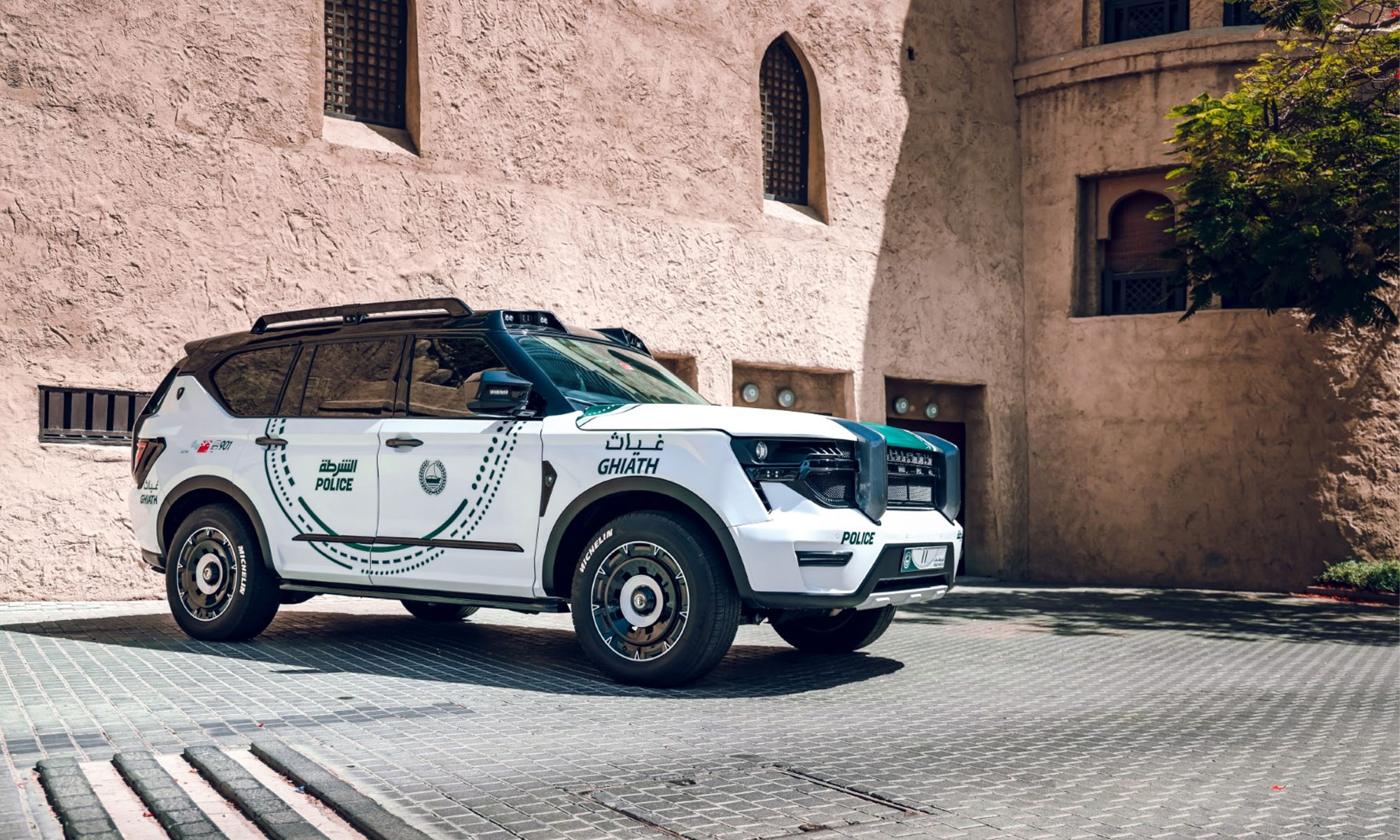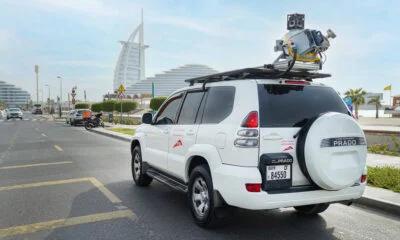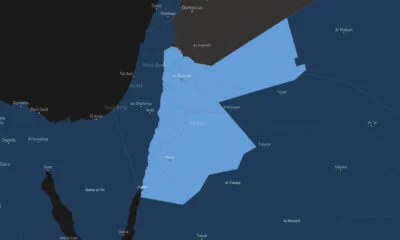News
Dubai Police To Launch AI Road Accident Reporting System
Statistical data suggests that the new tool will reduce manual processes by 50%.

Dubai’s Police department has unveiled a new AI-based accident reporting tool at GITEX 2023. The system offers a convenient way for Dubai motorists to report road accidents and submit evidence via the official Dubai police app. As well as identifying those responsible, the technology will also save valuable time and reduce manual tasks by up to 50%.
According to a spokesperson, the AI reporting platform is 90% complete and will be accessible to the general public in the near future.
Dubai Police representatives went on to explain that AI is able to assess liability and identify damage, generating an accident report to aid them in issuing red slips to responsible parties and green slips to those unaccountable.
Also Read: Wave Bike Is On A Mission To Improve Beirut Commuting
Previously, motorists involved in car accidents had to await the arrival of traffic police to establish blame. AI will now assist officers, helping them gain a more holistic view of incidents and their causes.
News
Google Releases Veo 2 AI Video Tool To MENA Users
The state-of-the-art video generation model is now available in Gemini, offering realistic AI-generated videos with better physics, motion, and detail.

Starting today, users of Gemini Advanced in the MENA region — and globally — can tap into Veo 2, Google’s next-generation video model.
Originally unveiled in 2024, Veo 2 has now been fully integrated into Gemini, supporting multiple languages including Arabic and English. The rollout now brings Google’s most advanced video AI directly into the hands of everyday users.
Veo 2 builds on the foundations of its predecessor with a more sophisticated understanding of the physical world. It’s designed to produce high-fidelity video content with cinematic detail, realistic motion, and greater visual consistency across a wide range of subjects and styles. Whether recreating natural landscapes, human interactions, or stylized environments, the model is capable of interpreting and translating written prompts into eight-second 720p videos that feel almost handcrafted.
Users can generate content directly through the Gemini platform — either via the web or mobile apps. The experience is pretty straightforward: users enter a text-based prompt, and Veo 2 returns a video in 16:9 landscape format, delivered as an MP4 file. These aren’t just generic clips — they can reflect creative, abstract, or highly specific scenarios, making the tool especially useful for content creators, marketers, or anyone experimenting with visual storytelling.
Also Read: Getting Started With Google Gemini: A Beginner’s Guide
To ensure transparency, each video is embedded with SynthID — a digital watermark developed by Google’s DeepMind. The watermark is invisible to the human eye but persists across editing, compression, and sharing. It identifies the video as AI-generated, addressing concerns around misinformation and media authenticity.
While Veo 2 is still in its early phases of public rollout, the technology is part of a broader push by Google to democratize advanced AI tools. With text-to-image, code generation, and now video creation integrated into Gemini, Google is positioning the platform as a full-spectrum creative assistant.
Access to Veo 2 starts today and will continue expanding in the coming weeks. Interested users can try it out at gemini.google.com or through the Gemini app on Android and iOS.

























